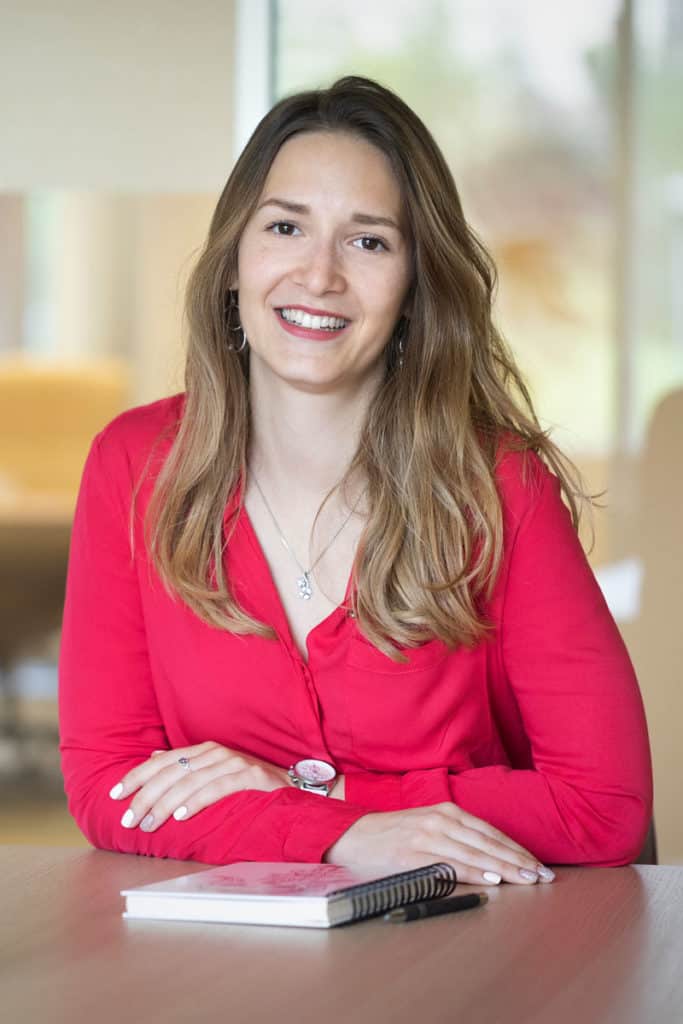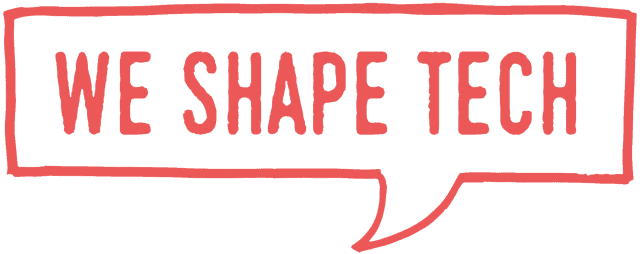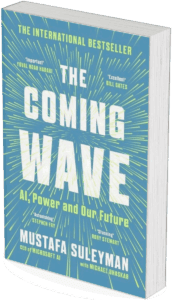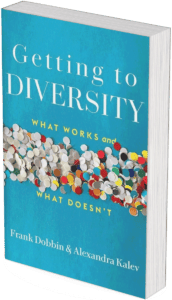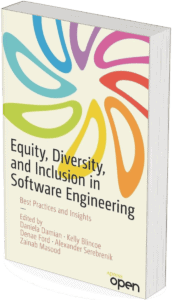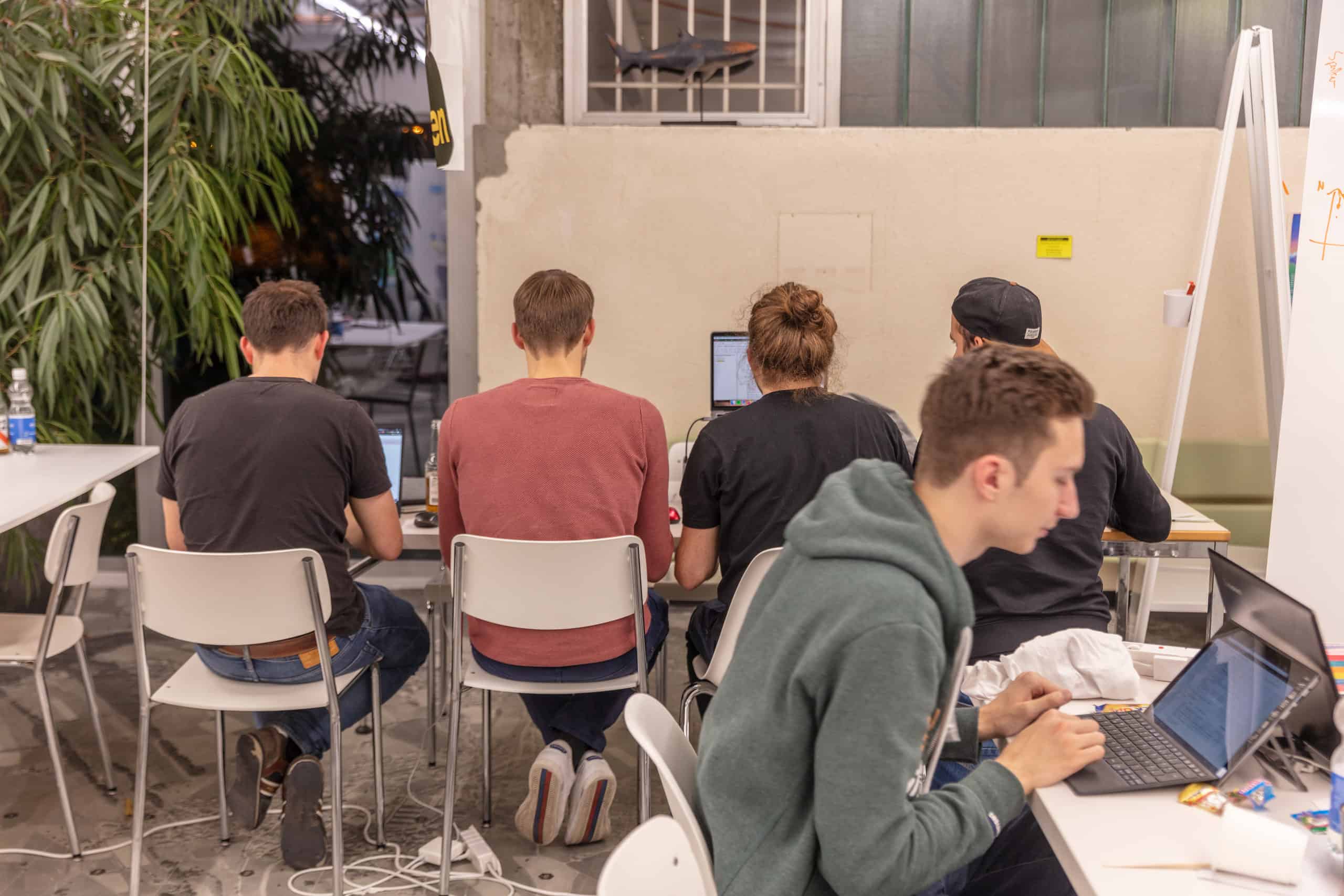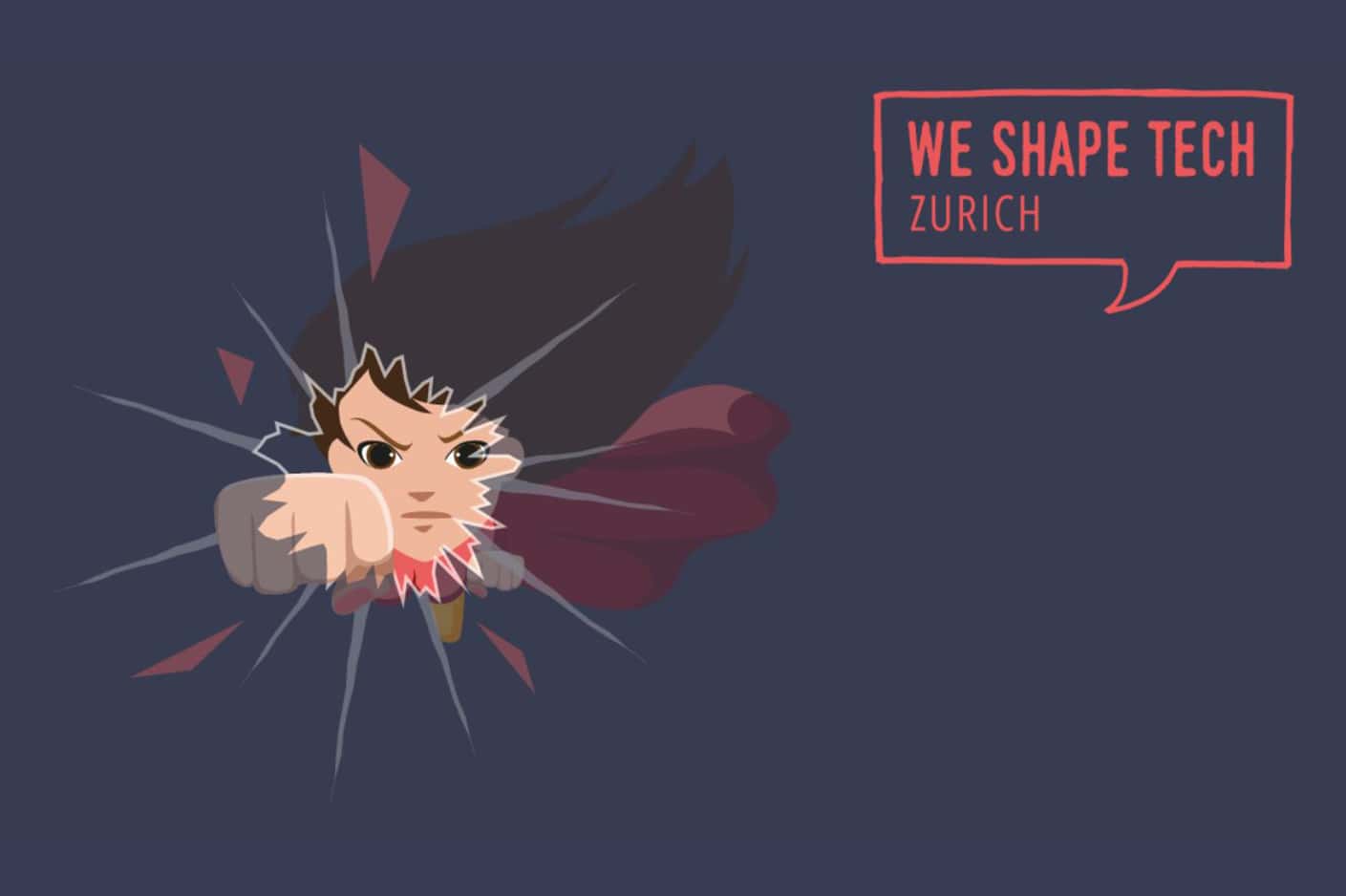Every month we ask one individual in our network a few questions about their way into tech, their motivation and their lessons learned.
Let’s start from the beginning. Tell us about where you’re from!
I was born and raised in Belgrade, the capital of Serbia. As a kid I loved playing volleyball, acting and going to math competitions. From all of these activities, math is the only one that ended up being connected to my studies somehow. 😀
I did my bachelor studies in Information Systems and Technology, at the University of Belgrade. For most of my bachelors, I was a member of AIESEC, an international organization led by students that focuses on youth leadership development. AIESEC gave me opportunities to explore my passions outside of university courses, and played a big role in developing my soft skills and building my self-confidence during my studies.
And since I enjoyed that the AIESEC environment was very international, after my bachelor I decided to pursue my big wish and do my master studies abroad – and that is how I ended up in Switzerland. Four years ago I came to Lausanne to do my master studies at EPFL, and after that, I moved to Zurich to be a consultant at Netlight.
What valuable advice did you get from your parents?
Maybe not advice, but definitely the feeling and encouragement that I got from them is “You can always come home”. Although my parents were not always the happiest with the choices that I made (like moving to another country and living far from them 😀), they were and still are always supportive. Living abroad comes with many emotional ups and downs, and knowing that my family is always there for me helps me taking risks and pursuing the life and career that I want.
How did you become interested in tech?
I initially went into tech because it seemed like a great mix of the topics that I enjoyed and was good at: math, problem solving, programming and business. But what I also loved about tech was the fast pace – it is very dynamic and you constantly need to learn to keep up to date with the latest advancements. Tech is such an exciting field to work in, and I find it challenging and motivating to be a part of it.
You have a Master’s Degree in Computer Science from EPFL. Why this particular field of study?
My Master’s degree in Computer Science was somehow a natural continuation of my bachelors. For my master studies I really wanted to explore the (back then still new) data science area. The EPFL program was a great match for me because we had a lot of freedom in choosing courses and shaping our curriculum, so I could take many data courses while still keeping a strong computer science background. It turned out I enjoyed working in the field of data, which is what I specialized in and where I am currently working.
Do you have any specific tips on what to look out for when applying with little to no experience?
Do not underestimate the importance of your work environment and organizational culture. When we are applying for our first jobs, our lack of experience stresses us out and we forget that interviewing is a two-way process. We tend to think “I just hope someone will accept me”, without really thinking “Do I accept them?”. It is important that we evaluate the work environment and ask ourselves „Do I want to work with the people from this company? What can I learn from them? Who would be my mentors and do I want to be like them?“
We spend a lot of our day at work – having a healthy and stimulating working environment is crucial for our career development and well-being.
Today you work as an IT consultant. Many people ask themselves if one can do consulting with little work experience? How do you respond to this kind of questions?
I say: absolutely yes. But what is important is to adjust the expectations and be aware of the value that I bring in as a junior consultant. The first and the obvious one comes from my studies, internships and extracurricular activities. My degree is there as proof of my ability to learn and solve problems.
Secondly, as a consultant, I bring in my professional network and access to the experiences of other (senior) consultants. Working with them not only helps me grow personally, but also brings a lot of value for my client, because I can always turn to a large expert network for brainstorming and exchange.
And thirdly, I contribute to the projects with my attitude and motivation, or as I like to call it, I am a genuine “sponsor from the bottom”. Just like projects need sponsorship from top management to drive the vision and provide the budget, they also need people who will execute on that vision and drive the actual works – and you can for sure count on me and other motivated junior consultants for that.
What aspects of your work are you proudest of?
I am proud to be an example that professionalism and fun do not exclude each other. I approach my work with dedication and competence, and on top of that I enjoy adding a positive and enjoyable atmosphere in every team I work with. I get best results when I feel comfortable – so I work on making my environment playful without jeopardizing the quality of work. Positive surroundings bring the best out of people, and that also results in more successful projects.
What has been your toughest challenge you faced while working in tech?
As a female newbie in the tech industry, it is disappointing to face gender biases and underrepresentation of women.
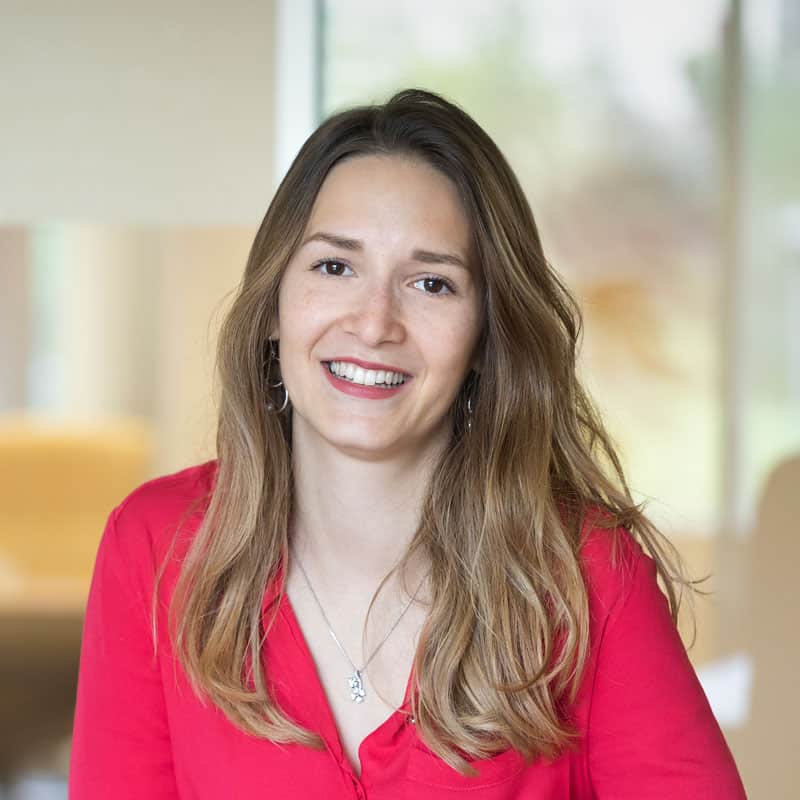
It can be challenging when I find myself as the only woman in meetings or social gatherings after work. However, I find strength in seeking out and connecting with female role models who fight these biases.
I also actively participate in initiatives that promote women in tech. By sharing my experiences, I hope to support other women in the field and those interested in pursuing a career in this industry.
How does digitization impact your and other women’s career opportunities?
For me, digitization is not just about access to additional job openings or new markets – it is also about expanding our perception of career possibilities. By removing geographical boundaries, we have much easier access to diverse role models who inspire us and show us what is possible.
Personally, I find motivation in career success stories of other women, and I use digital platforms to connect with them and learn from them. Digitization has opened doors for us to take actions, pursue our passions and create our own network of inspiring mentors regardless of where we are located.
What advice would you give other women in tech?
Be brave. To pursue your dreams no matter how crazy they may seem. To make your own choices, and not settle for what others expect from you. Be brave to stand up for yourself, to speak up and to share your story. Be brave to be the master of your own career.
And surround yourselves with your role models, who will be there to support you when finding the courage gets hard.
